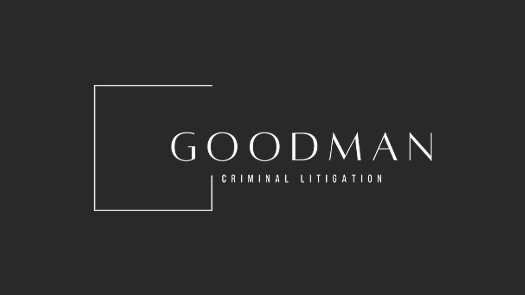Open Carry
With very few exceptions, Californians are not allowed to openly carry a firearm, even when unloaded. One exception applies to smaller counties – areas with populations under 200,000 – where the police chief may issue an open carry license. Those licenses are applicable only in their issuing counties. Otherwise, they operate exactly like California’s existing CCWs.
CCW
It is legal to carry a concealed weapon in California, provided you have a CCW (Carrying Concealed Weapons license). California is particularly restrictive about licensing, and citizens must pass several qualifications to obtain a CCW.
Your local government sets the necessary standards. This means that, while certain rules apply to the whole state, the qualifications themselves differ from county to county. For example, one county may have a more rigid background check than another. Maybe County A allows licensees to have a minor misdemeanor on their record, but County B dictates that records must be completely clean. After clearing you for your residency requirements, your county will demand three other steps before issuing a conceal carry.
Background Check
Your county will conduct research into your past to determine if you have a “good moral character.” Again, each county will decide its definitions. One town may bar you for a license if you have a DUI, another may overlook a DUI if it’s an old offense.
This check may also include psychological testing. It is a mandatory standard in some counties, and others can request it after reviewing your initial application. If you go through a psych test, you will be referred to the professional psychologist that works with local law enforcement.
To obtain a California CCW, you must also be eligible by federal standards. The U.S. government has some laws, applying to all states, against felons owning firearms. There are petitions and processes you can use to regain those Second Amendment rights, but they take years to clear. Even if they do, it takes more time for the petitioner to be eligible.
Cause for the Firearm
While many states require only a background check for a CCW, California goes an extra step. You must demonstrate the need for your firearm. Just citing your Second Amendment rights isn’t good enough. You’ll need to draft and submit a “good cause statement” to the licensor.
You must believe yourself to be either:
- in immediate danger, or
- more prone to danger than the average person.
For example, a local radio personality with a controversial reputation could argue that they are a target, or perhaps someone works late in the jewelry store located in a high-crime area. There must be some justification for why you, specifically, need a gun.
A quality “good cause statement” should also include the above information – why you may be a target – but it should also tell a specific story. Simply claiming that you are a potential target may not be enough. Maybe the shock jock had a personal experience where people congregated on the street, yelling and throwing things at him. Perhaps the jewelry store worker has already been robbed once before. Demonstrating how your life has already been affected by danger will help validate your need to carry a gun.
Include any firearms training or experience you have in your good cause statement. It is not necessary to have certifications in advance, but it will help if you do.
Complete a Training Course
The county has cleared your background and found good cause to issue you a CCW. Now, you must become certified to handle a gun. Counties have a few options for this. The Commission on Peace Officer Standards and Training may certify a community college course that lasts up to 24 total hours. After you complete this course, you will be cleared for your license. There are other course options that last 8 or 16 hours.
Courses will train you in handling the firearm (including safety techniques), getting to know the specifics of the firearm, and so forth. You “pass” when you demonstrate that you know and can execute the safety standards. You will be taught the gun laws so you know exactly what is expected of you. At a live shooting range, you’ll need to prove your ability to use the gun properly.
Specifics of the License
Your CCW will be good for the entire state of California, but it will be valid only in California. Many states participate in a “concealed carry reciprocity” agreement, where they honor one another’s conceal carry licenses. California has chosen not to participate.
The license lasts about two years, and there will be restrictions. Depending on your county, there can be limits on when you may carry. You may be able to carry only in certain places. The way you carry might change, meaning that you can have the gun located only on a specific part of your body. There may even be regulations on the circumstances in which you will be allowed to conceal carry.
Your license will not apply to multiple weapons. It is good only for the gun you register, and the state will keep tabs on its make, model, serial number, etc.
Talk to a Lawyer
As you can see, California’s gun laws are nebulous. There are so many variations and exceptions, you could believe that you are perfectly obeying the law and still get charged on a technicality. If you’ve been charged with a weapons crime, talk to a lawyer today. A good attorney can dig through the ins and outs of each county’s laws, working to pinpoint inconsistencies. They can help argue in court that with standards changing from county to county, it would be almost impossible for a carrier to cover all possibilities.
If you’ve been charged with a weapons crime, contact Jacqueline Goodman today. With years of experience, she has the skill to defend you in court. Call 714-879-5770 or reach out online to set up a consultation.


